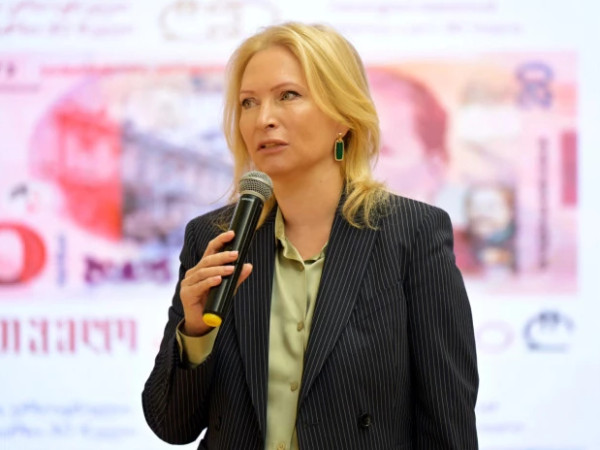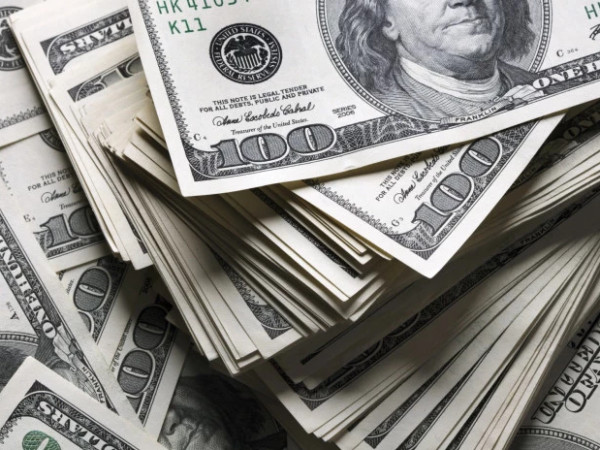Nine European banks have formed a consortium to develop a euro-based stablecoin, aiming to establish it as a "trusted European payment standard," the banks announced.
The participating lenders — UniCredit, ING, Banca Sella, KBC, Danske Bank, DekaBank, SEB, CaixaBank, and Raiffeisen Bank International — have established a new company in the Netherlands to manage the project.
The venture plans to seek the necessary licenses under the supervision of the Dutch Central Bank, according to a Thursday press release from ING.
The stablecoin is set to be regulated under the EU's Markets in Crypto-Assets Regulation (MiCA), with a target launch in the second half of 2026.
"The initiative will provide a real European alternative to the US-dominated stablecoin market, contributing to Europe's strategic autonomy in payments," said the banks. "Individual banks will be able to provide value added services, such as a stablecoin wallet and custody."
MiCA, which came into full effect at the end of last year, establishes comprehensive guidelines and regulations for crypto assets across the European Union trading bloc. MiCA primarily regulates crypto asset issuers and service providers.
Stablecoins have seen growing momentum as the U.S. adopts a more supportive approach to crypto assets under the Trump administration. The total USD-pegged stablecoin supply reached 281.7 billion as of Thursday, up from 272.3 billion at the beginning of this month, according to The Block's data dashboard.
The total euro stablecoin supply on Ethereum stood at 319.1 million as of Wednesday, compared to 309.4 million at the start of this month, The Block's data shows.


















